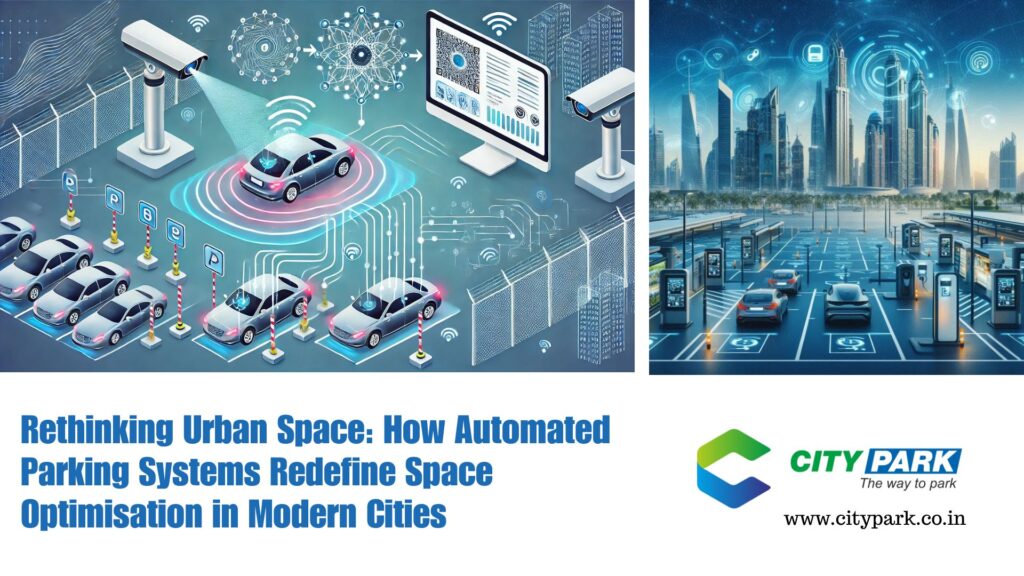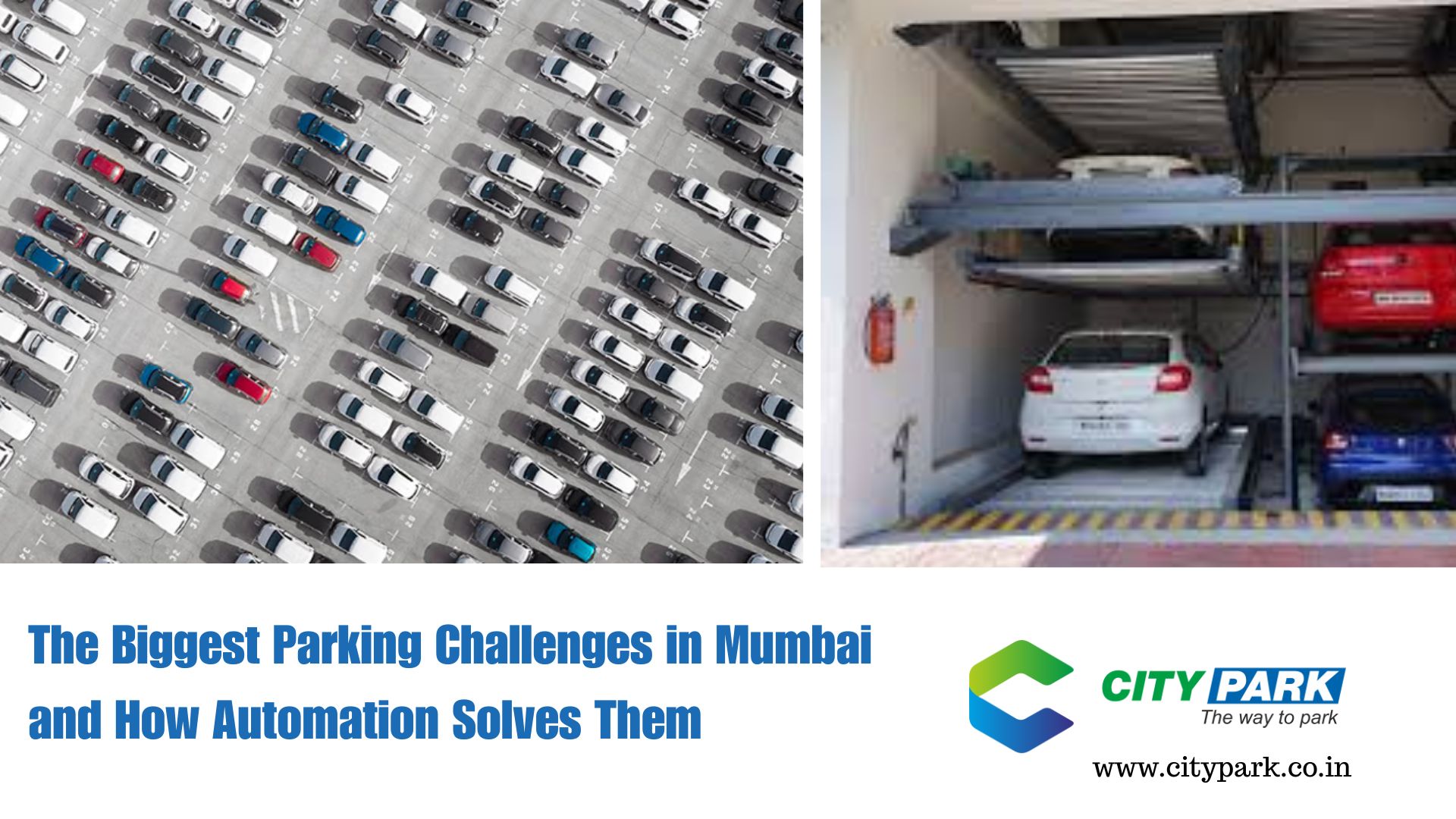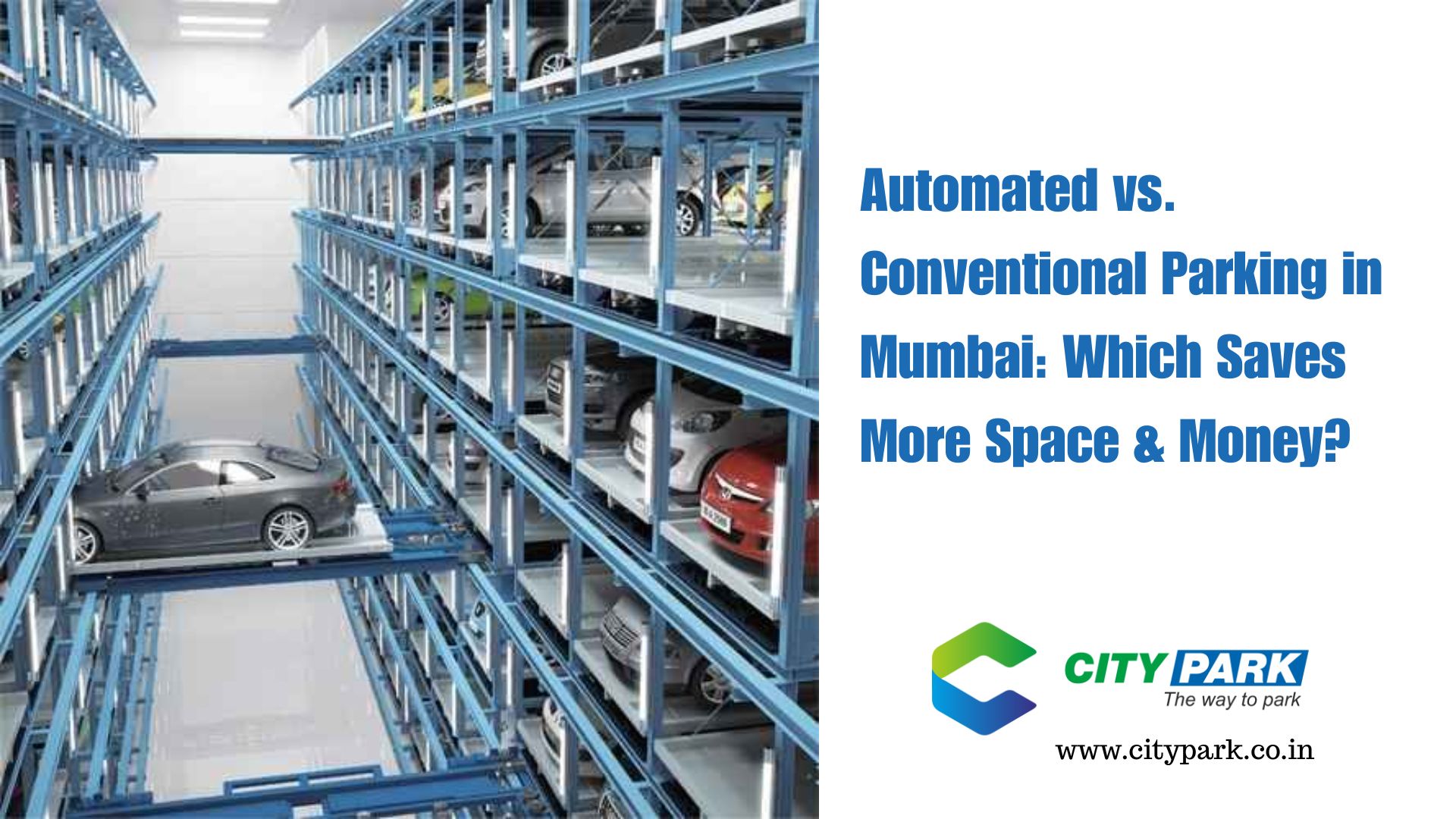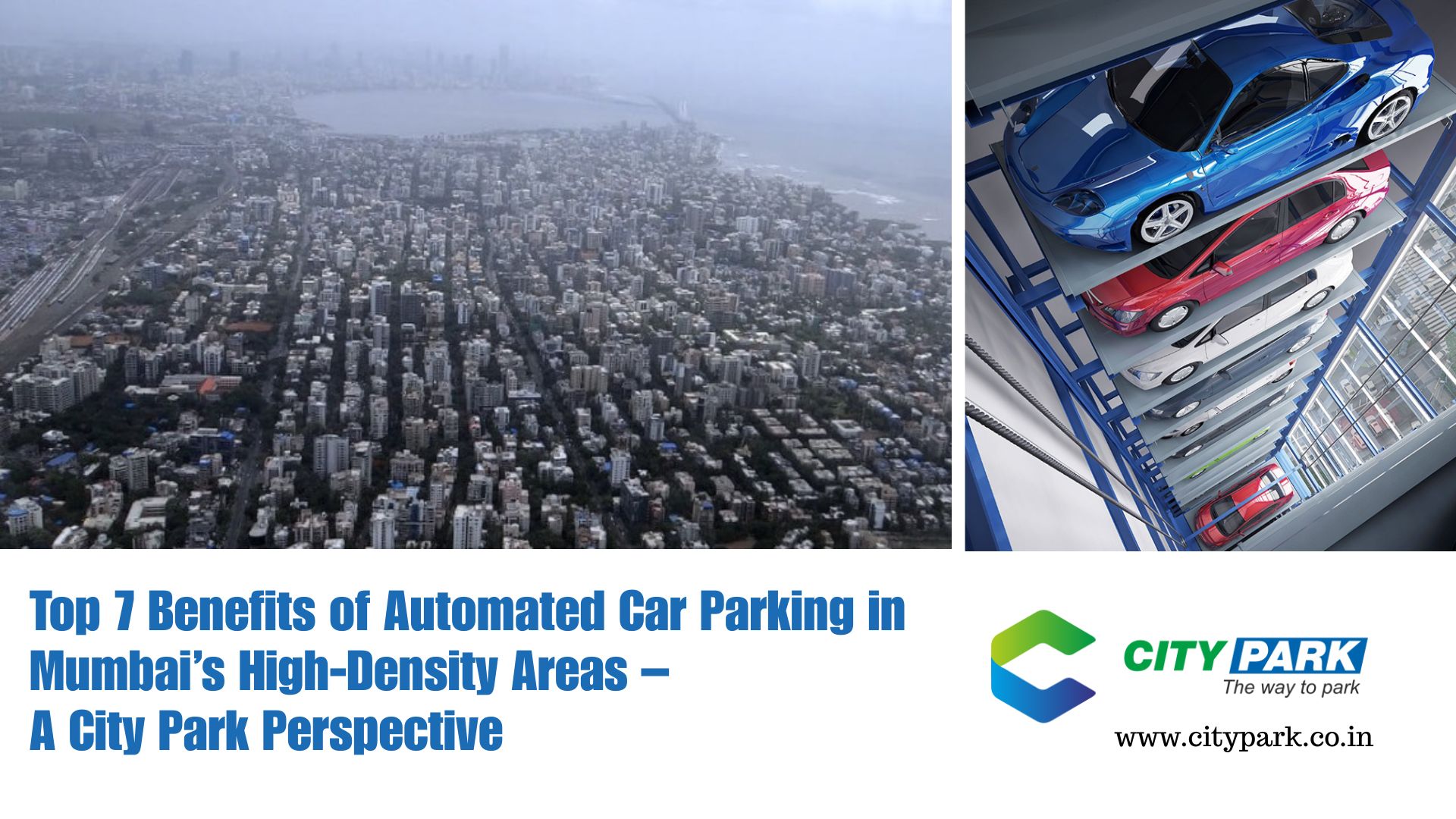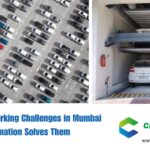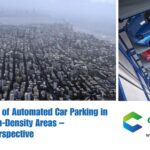Introduction
In a world where urban land is becoming increasingly scarce, every square foot matters. From bustling metros like Mumbai to rapidly developing cities like Nashik, the pressure on available land is higher than ever. Real estate developers and commercial property owners are constantly searching for smarter, more efficient ways to use space — and one of the most transformative solutions lies beneath our very wheels: Automated Parking Systems.
At City Park, we believe that the future of mobility and urban planning lies in intelligent design — solutions that save space, reduce chaos, and improve overall efficiency. Automated parking is not just a parking solution; it’s a space revolution.
The Urban Challenge: Parking vs. Space
Urban parking has always been a paradox. As cities expand vertically, vehicles multiply horizontally. Conventional parking lots consume vast amounts of valuable land — land that could otherwise be used for retail, green spaces, offices, or housing.
A traditional parking system requires up to 30–40% more space than an automated system. In prime commercial or residential zones, this translates into millions of rupees in potential real estate value being locked into inefficient layouts.
In high-density areas like Mumbai, Pune, or Bangalore, where every inch of land is expensive, this inefficiency can no longer be ignored. That’s where automated parking systems step in as a smarter, space-saving alternative.
Vertical Thinking: Parking Towers and Multi-Level Systems
Automated parking solutions use vertical architecture to multiply parking capacity within the same footprint.
For instance, a 4-level automated parking tower can accommodate 100–120 cars in the same area where only 30 could fit conventionally. This not only optimises space but also eliminates unnecessary driveways, ramps, and walking paths — freeing up space for more functional or aesthetic purposes.
City Park’s advanced vertical parking systems are designed to:
- Maximise vertical capacity while minimising land use
- Reduce civil construction costs with modular design
- Ensure smooth car retrieval with advanced automation and smart queue management
By going upward instead of outward, developers can unlock new value from existing plots — an idea that aligns perfectly with the compact, future-forward urban design approach.
Design Freedom for Architects and Builders
Automated parking doesn’t just solve logistical problems — it frees design imagination. Architects and developers can reimagine how parking integrates into a building’s blueprint.
Imagine designing a residential tower or a mall without bulky parking ramps dominating the basement. Instead, a sleek, fully automated parking core can be tucked into the structure or placed externally as a vertical module.
This flexibility allows for:
- More aesthetic facades
- Increased usable floor area ratio (FAR)
- Better pedestrian flow and landscaping
- Enhanced property value and visual appeal
For commercial developers, this means creating more leasable or sellable space — ultimately driving better returns on every square foot.
The Environmental Edge
Optimised space usage goes hand-in-hand with sustainability. Automated parking systems reduce:
- Idling time, as cars aren’t circling for parking
- Carbon emissions, through touchless and direct vehicle movement
- Energy consumption, with intelligent lighting and minimal ventilation needs
City Park’s eco-smart parking systems are built to align with green building certifications such as IGBC and LEED. In an era where sustainable development is not just encouraged but expected, such systems play a crucial role in reducing the carbon footprint of modern infrastructure.
Efficiency Meets Economics
Land in urban India can cost anywhere from ₹50,000 to ₹2 lakh per square metre in prime zones. For developers, space optimisation is directly proportional to profitability.
By switching to automated parking, developers can:
- Save up to 60% floor space compared to traditional parking
- Increase revenue potential through additional usable areas (retail, office, or residential)
- Enhance customer experience, reducing congestion and improving accessibility
In short, an automated parking system is not just a technological investment — it’s a strategic business decision.
Case in Point: Mumbai and Nashik
Cities like Mumbai, with their ever-growing high-rise landscape, are ideal examples of how vertical parking can transform urban planning. Limited land availability and high real estate costs make automation the logical choice.
Meanwhile, emerging cities like Nashik are adopting modern parking systems early — planning for future scalability and mobility. City Park’s installations across these cities demonstrate how efficient, automated systems can harmonise with evolving infrastructure.
By adopting automated parking now, developers in smaller cities can future-proof their projects against the inevitable surge in vehicle density.
Technology that Moves Smartly
City Park’s intelligent parking systems are powered by:
- Smart sensors for accurate vehicle positioning
- Automated lifts and conveyors for seamless movement
- AI-driven management software for queue optimisation and real-time tracking
Every component is designed for precision, safety, and speed, ensuring that drivers enjoy a smooth, secure, and touchless experience from entry to exit.
Conclusion: The Future is Upward
As cities grow denser and smarter, the way we park must evolve. Automated parking systems represent a critical step in transforming chaotic, land-hungry lots into compact, intelligent, and sustainable structures.
At City Park, we’re not just building parking systems — we’re building smarter cities. We’re redefining how urban land is used, helping developers save space, boost returns, and create experiences that are efficient, elegant, and future-ready.
Because in the cities of tomorrow, space is luxury — and smart parking is the key to unlocking it.
